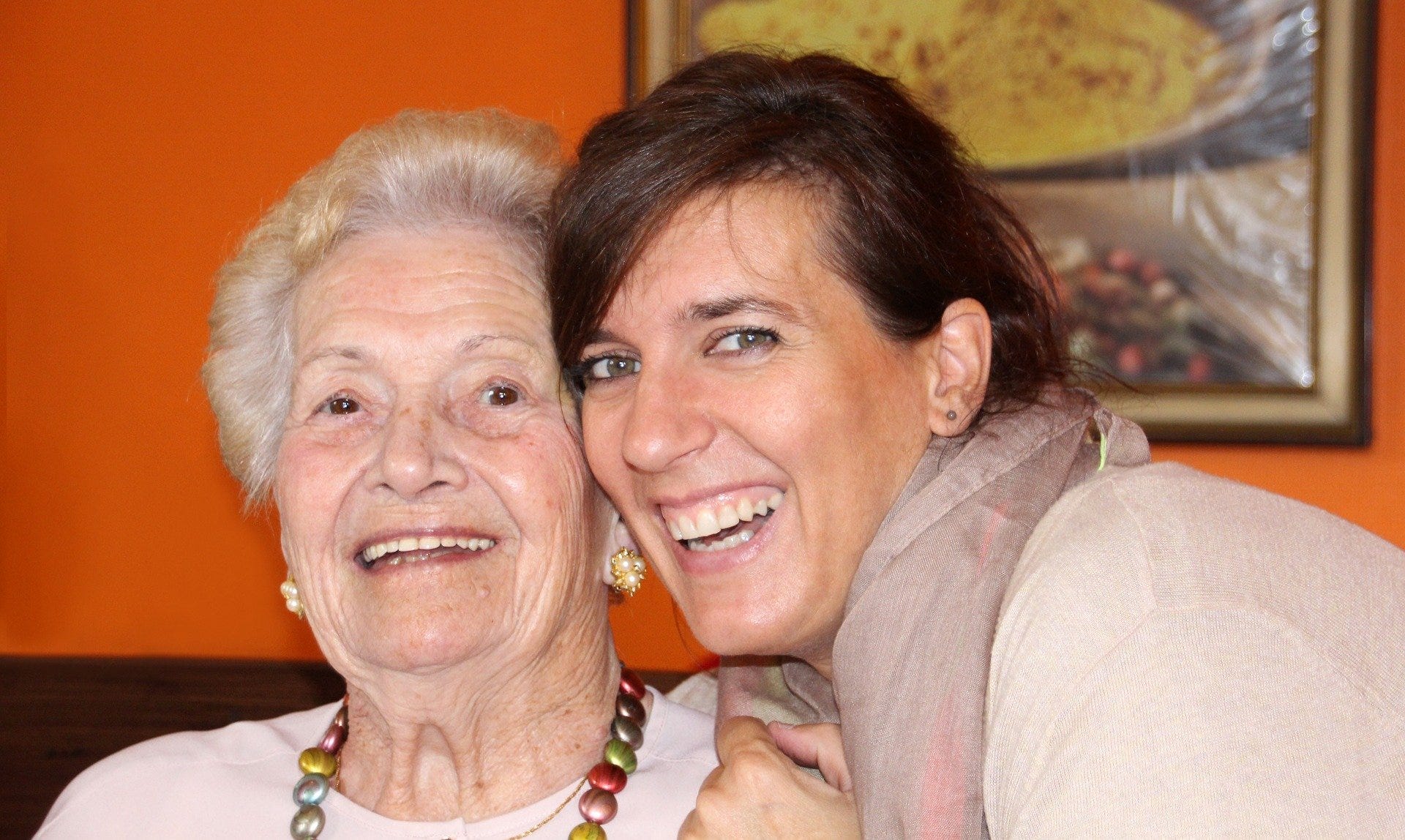IU Gets $3.5M to Study Why Friends Fight Alzheimer’s
 Earlier research has shown that older adults who have a wide
Earlier research has shown that older adults who have a wide
Subscriber Benefit
As a subscriber you can listen to articles at work, in the car, or while you work out. Subscribe NowFriendship could be as beneficial for the mind as it is for the heart; scientists at Indiana University have already uncovered this. But this same team of scientists—boosted by a $3.5 million grant—is now testing its next theory: specific kinds of relationships exercise an important part of the brain, and strengthening it could be a weapon against Alzheimer’s disease by slowing its progression.
“Some work has suggested even slowing Alzheimer’s by five years is going to reduce the prevalence of the disease by up to 40%, so there’s a huge impact on quality of life, plus billions of dollars of savings,” says Indiana University Social Neuroscientist Dr. Anne Krendl, who is the study’s co-principal investigator. “For people who suffer from Alzheimer’s disease, those extra few years—any extra year—is important.”
Dr. Brea Perry, the second co-principal and vice provost for the social sciences in the IU Office of the Vice Provost for Research, laid the foundation for the recent grant from the National Institutes of Health. Her earlier research has shown that older adults who have a wide, varied circle of friends—and not just family relationships, for example—are less likely to experience cognitive decline. The new five-year project will now try to understand why.
“What we think is happening is that different types of social relationships make you flex a very specific type of muscle in the brain. This is the muscle we use to help us navigate social relationships,” says Krendl. “With all of these relationships, we’re interacting with different types of people. There are lots of social skills that we’re so good at doing, we don’t even notice they’re there.”
The researchers are especially interested in a psychological concept called theory of mind (ToM), or a person’s capacity for empathy and understanding of others.
“[ToM] basically means I understand that you have different beliefs and understandings than I do; if I know a piece of information, you might not know that piece of information, so I have to adjust the way I talk to you accordingly,” says Krendl.
Interestingly, a deficit in ToM is the hallmark of autism. Preliminary data that helped the team earn the recent grant suggests that ToM—understanding what other people are thinking—is particularly important in social networks comprised of different types of relationships.
“We’re suggesting that when you have not just one type of social relationship in your network—not just family members, for example—that’s making you test those social skills more and use those more,” says Krendl. “Just like any other muscle, the brain responds to that and strengthens that muscle. We think that might give your brain extra resilience against Alzheimer’s disease, and that’s what we’re trying to test with this particular project.”
Hoosiers will help the team test its theory; nearly 300 older adults will visit IU in Bloomington and the IU School of Medicine in Indianapolis for a battery of tests that will measure change over time in cognitive function, social cognitive function and the size and composition of each person’s social network.
While the social-focused strategy can’t prevent Alzheimer’s, the team hopes to uncover new ways to slow progression of the disease.
“The time at which the disease onsets and the symptoms actually start to present is highly variable across individuals…but very little is understood about why,” says Krendl. “What we’re trying to do with this grant is play with that time window. We can’t take the disease away, but can we at least stretch out how long it takes before the symptoms start to emerge?”
While socializing can’t come in pill form, Krendl is hopeful the study could be a building block to “interventions that are meaningful and effective,” bridging discoveries to improving patients’ lives.
“We know very little about Alzheimer’s disease, and I think it’s important to look at it from every angle,” says Krendl. “Social connectedness is a really important angle that people have looked at and been thinking about, but I think there are a lot of gaps in our knowledge in this domain. I hope by filling in some of those gaps, we can make some meaningful contributions to our understanding of this disease.”
Krendl says what science already knows about the connection between social relationships and Alzheimer’s disease is a building block for the current project that explores why the link exists.
Krendl says her interactions with older adults have illustrated that many have deep concerns about developing Alzheimer’s disease.
